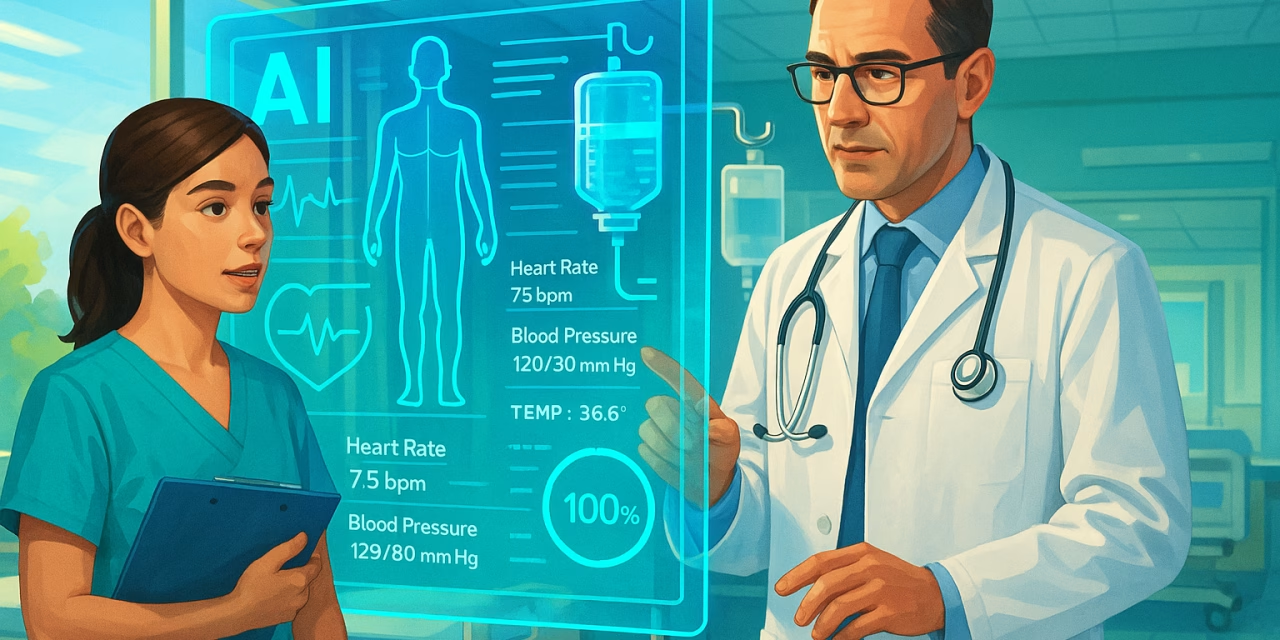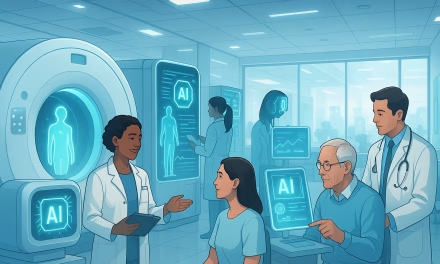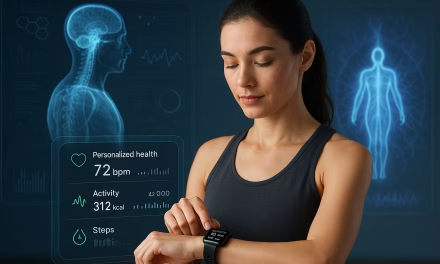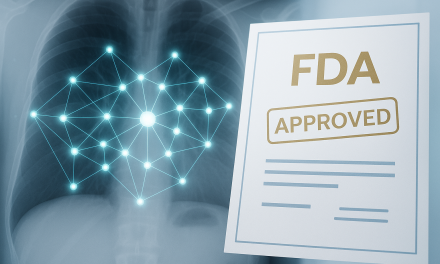June 25, 2025, highlights the profound impact Artificial Intelligence is having on the health and wellness sector, particularly in enhancing precision, driving efficiency, and revolutionizing medical education. The day’s news showcases a range of practical AI applications that are transforming patient care and healthcare operations.
Western Health’s initiative to test new AI technology for personalizing chemotherapy dosing is a prime example of AI’s role in precision medicine. By calculating optimal doses based on individual patient body composition, AI ensures more effective and safer treatments. Similarly, St Vincent’s Hospital Melbourne’s pilot program for an AI-driven system to ensure IV dosing accuracy adds a crucial layer of safety at the point of medication compounding, minimizing errors and improving patient outcomes.
Beyond direct patient care, AI is also streamlining administrative processes. An AI receptionist system at Zara Medical demonstrated impressive efficiency, handling 70% of calls without human intervention, saving providers significant time, and eliminating patient hold times. This frees up healthcare professionals to focus on more critical tasks.
Furthermore, AI is revolutionizing medical education. Nursing education programs are now incorporating virtual reality (VR) and generative AI to help students hone documentation skills and build confidence in patient care scenarios. This innovative approach provides immersive learning experiences that better prepare future healthcare workers for the complexities of their roles.
These developments collectively illustrate AI’s pervasive and beneficial influence across the healthcare ecosystem. From personalized treatments and enhanced patient safety to streamlined operations and advanced medical training, AI is proving to be an indispensable tool in creating a more precise, efficient, and effective healthcare system for the future.





